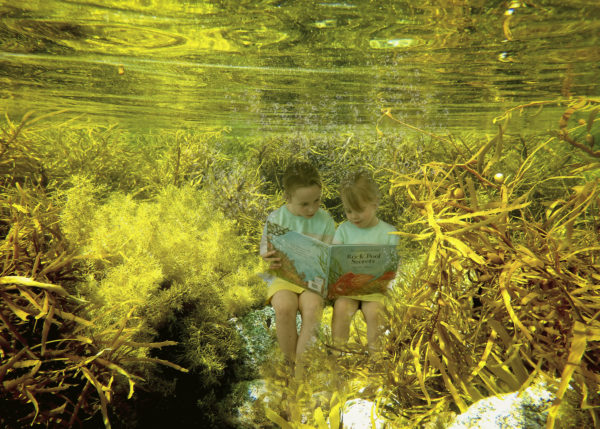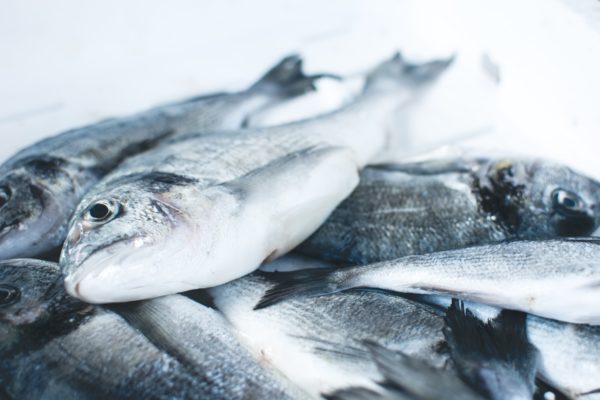A new crowdfunding campaign seeks to put the complex microbial world of penguins and the part it plays in penguin health, nutrition and physiology under the microscope.
Penguins are the among the A-listers of wildlife celebrities, attracting thousands of viewers to their nightly parades from water’s edge to their nests at Phillip Island and showing off their striking markings and stately bearing in zoos and aquariums around the world.
They play a vital role as sentinels of the marine environment, with the health of penguin populations an indicator of ocean health. That makes the fact that 55 per cent of penguin species are facing extinction important to all of us, and has scientists working on ways to help penguins combat the effects of climate change, pollution and disease.
According Dr Meagan Dewar from Deakin’s School of Life and Environmental Sciences and her research team, one answer to penguin health may lie in discovering how penguin gut flora reacts to changes in the environment such as prey reduction due to climate change and overfishing.
“Gut bacteria play an important role in supporting the immune system and physiological processes like digesting food and absorbing nutrients,” Dr Dewar said.
“If the community of microbes in a penguin’s gut is altered in some way, for example, by changes in their diet due to depletion of their preferred prey, it can leave the animal more susceptible to disease.”
So far, little is known about the microbes that colonise the guts of penguins, or the crucial role they play in penguin health, nutrition and physiology, and funding options for research into the microbiomes of wildlife are limited.
Hence Dr Dewar’s Pozible.com crowdfunding campaign to raise $10,000 for the sampling and metagenome sequencing of the microbes of four Australian and sub-Antarctic penguin species – king, gentoo, macaroni and little penguins.
“If penguins are sentinels for ocean health, then microbes could be considered as sentinels for penguin health,” Dr Dewar said.
“However, our ability to diagnose disease in penguins in the wild is hampered by a lack of information about what’s considered to be ‘normal’ and what is actually ‘pathogenic’.”
“If we’re going to truly understand what organisms cause disease in penguins and how microbes affect penguin health and survival, then we need to know what organisms are naturally occurring and what factors influence their presence.”
Dr Dewar explained that metagenome sequencing provides information on all the DNA of all the bacteria present in a sample, including genes from the functional pathways that show what role the bacteria are playing in the penguin’s ability to absorb nutrients.
“This is important because it provides information not just on what bacteria are present, but what the bacteria are actually doing,” she said.
Sequencing the metagenome of individual penguins from all four study species will also reveal if the penguins share a core microbiome or if each species has its own unique microbiome.
“This research will provide vital baseline information on the functional role of microbes in penguins and give us a better understanding of the impact of environmental change and disease on these charismatic animals,” Dr Dewar said.
“We really need the help of any members of the public who are concerned about the ocean environment and love penguins, as funding for this type of work is very hard to find. That’s why we’ve turned to crowdfunding as a solution.”
Dr Dewar’s crowdfunding campaign, “Penguin Microbes,” at https://pozible.com/project/penguin-microbes finishes on 6 December.



